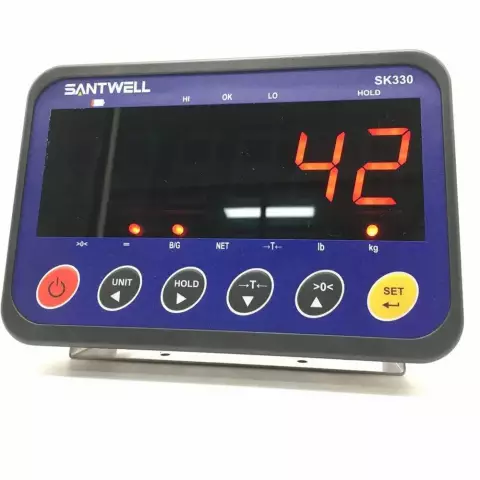- Author Rachel Wainwright [email protected].
- Public 2023-12-15 07:39.
- Last modified 2025-11-02 20:14.
Resuscitator
The resuscitation doctor is engaged in providing emergency assistance in situations that threaten a person's life - he restores and maintains his vital functions.

The profession of a resuscitator implies knowledge of the basics of resuscitation and anesthesiology. Anesthesiologists and resuscitators are specialists who can be used interchangeably.
Adult and pediatric resuscitation specialists have the same specialization; both of these doctors can work with patients of different ages. But children's resuscitators have special skills in working with young children, which they develop with practice.
When do they go to a resuscitator
The main reason why patients come to a resuscitator is a state of shock, which entailed impaired breathing, cardiac activity, metabolism, and the work of the nervous and endocrine systems.
Shock can be traumatic, emotional, painful, toxic, bacterial. A person in a state of shock can be very agitated or depressed, his skin turns pale and sweat, the pressure drops, the pulse quickens, breathing becomes shallow.
To summarize, resuscitators work with patients who are in a terminal state or are experiencing clinical death. The terminal state is a reversible state in which a person figuratively speaking "is neither alive nor dead", and the task of the resuscitator is to resume the extinct functionality of the most important internal organs in the shortest possible time. Clinical death is the same terminal condition, but it is distinguished by the fact that a person's brain is inactive, breathing and blood supply have ceased, only metabolic processes are working. This state lasts only about 5 minutes, and during this time the resuscitator must return the patient to life with the help of artificial respiration, heart massage, and other actions.
In addition to conducting resuscitation measures, the profession of a resuscitator implies possession of the knowledge and skills of conducting intensive care. This means that it is the resuscitators who carry out artificial ventilation of the lungs, dialysis, intravenous infusions, pacing and other procedures aimed at correcting the patient's condition.
What is important to understand is that resuscitation doctors do not treat any diseases, they only restore the vitality of the human body.
Diagnostic methods used by the resuscitator in his work
To assess the patient's condition, the resuscitator usually performs an electrocardiogram. He may also be interested in the data of such urine and blood tests, which display:
- AST and ALT levels;
- Level of urea, total protein, bilirubin;
- The amount of glucose, potassium, creatinine, sodium in the blood;
- Presence of HIV, hepatitis B, C, syphilis.
The following indicators are also important for a resuscitator: blood coagulation time, Rh factor, blood group.
How to become resuscitators
Resuscitation specialists are specialists with higher medical education who have received the appropriate qualifications.
Mastering the profession of a resuscitator involves studying the features and patterns of the extinction of vital functions of the human body and ways to restore them.
Adults and pediatric resuscitators should have broad knowledge in the field of medicine, have a good knowledge of the physiology and anatomy of the human body.
The indispensable skills necessary for a resuscitator to work successfully are stress resistance, the ability to make correct and quick decisions in emergency situations, and increased attentiveness. At the same time, it is important that the resuscitator knows how to sympathize with the patient, be ready for a quick assessment of his condition.
Found a mistake in the text? Select it and press Ctrl + Enter.






